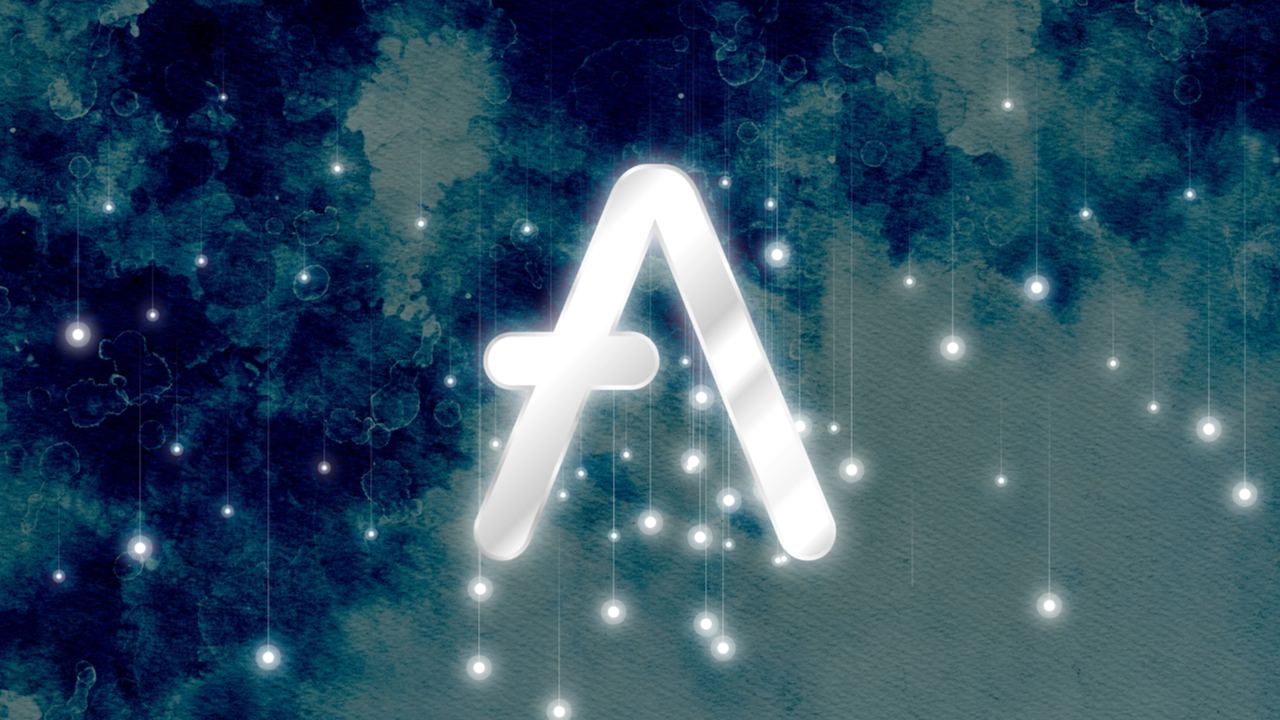
“Thank you to everyone who fought with us for online freedom,” the LBRY Inc team said.
Blockchain company LBRY Inc. — the creators of the LBRY blockchain — has issued its final message to the crypto, citing “several million dollars” of debts that have now made it impossible for the firm to continue.
“This will be our last post,” said the LBRY Inc. team in an Oct. 20 statement on Odysee, a LBRY-powered video-sharing website, which was also shared on X.
LBRY Inc. is winding down.
— LBRY (@LBRYcom) October 19, 2023
The LBRY network is unaffected.
Odysee and other assets will undergo a legal process to satisfy debts, but Odysee has a bright future ahead.
Thank you to everyone who fought with us for online freedom.
A final goodbye post is in the first reply.
LBRY said several millions of dollars of debt owed to the SEC, its legal team and a private debtor ended up being too big a barrier to overcome.
“LBRY Inc. must die, there is no escaping this. It has lost a judgment to the federal government, has several million dollars in debts, and has pledged to shut down.”
“Thank you to everyone who fought with us for online freedom,” LBRY added in an Oct. 19 X post.
LBRY originally announced it would wind down in July after a final judgment in favor of the SEC on July 11. The SEC originally sought a punishment of $22 million but then downgraded that to $111,000 when it realized the defunct firm couldn’t pay.
In September, the community was delighted after it seemingly backtracked on the decision by filing a notice of appeal against the regulator.
In its latest statement, however, the firm revealed it will no longer continue its appeal against the SEC.

The firm also noted that LBRY Inc.’s executives, employees, and board members have resigned and are now only engaged in satisfying any outstanding legal requirements.
“It wasn't a happy ending, but it was a happy journey,” the now-former CEO Jeremy Kauffman explained in an Oct. 19 X post, reflecting on LBRY’s eight-year tenure in the cryptocurrency industry.
it wasn't a happy ending, but it was a happy journey pic.twitter.com/BxLPVdi2DR
— Jeremy Kauffman (@jeremykauffman) October 19, 2023
Crypto community salutes
The announcement saw members of the crypto community come out to give their final words of support to the LBRY team.
One X user, “Steve,” thanked LBRY for putting up a “good fight” — presumably against the SEC, while another, “archerships” suggested LBRY’s network was one of the most useful blockchain-based platforms on the market.
Thanks for creating LBRY. It is one of the most useful blockchain based apps out there.
— archerships - e/acc, pronatalist, immortalist (@archerships) October 19, 2023
In the comments section of LBRY’s post on Odysee, community members expressed a willingness to keep supporting Odysee up and running.

Related: The aftermath of LBRY: Consequences of crypto’s ongoing regulatory process
As LBRY’s blockchain is open-sourced and decentralized, it will continue to operate so long as blocks continue to be mined, the team noted on Odysee.
Odysee served 5.3 million unique users on a monthly basis between January and April this year, more than any other decentralized social media platform in the market, according to CoinGecko.
Magazine: Crypto regulation — Does SEC Chair Gary Gensler have the final say?














